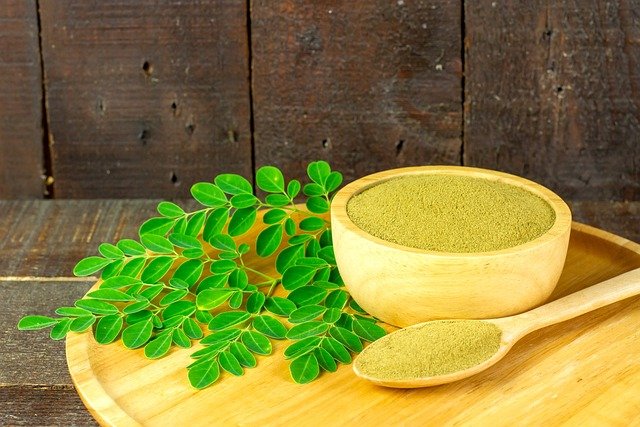Image by Alongkorn Tengsamut from Pixabay
The Moringa tree, also known as “the miracle tree,” is renowned for its ability to thrive in challenging conditions. Commonly found in Asia and India, this tree can grow in poor soil, dry climates, and can even be propagated from cuttings. Its resilience is evident as it can flourish in various environments, such as my caliche-filled backyard where a cutting from my neighbor’s tree grew rapidly.
Apart from its adaptability, nearly all parts of the Moringa tree are edible, making it a versatile and valuable resource.
Nutrition of Moringa
In addition to its hardiness, Moringa is a highly nutritious plant. It is notably rich in protein, often consumed by drying the leaves and processing them into flour. However, certain antinutrients in Moringa can hinder protein absorption, limiting its digestibility. Studies have shown that only about 10% of protein from Moringa can be utilized without affecting growth.
Furthermore, Moringa is a good source of fatty acids, including palmitic and linolenic acid in the leaves, and oleic acid in the seeds, similar to the composition of olive oil.
The plant also boasts a variety of micronutrients such as vitamin C, vitamin A, calcium, potassium, and iron, albeit in relative quantities compared to other sources.
Health Benefits of Moringa
Like many natural remedies, Moringa is abundant in antioxidants, making it a potential natural preservative for food products. Its antioxidant properties, including quercetin, contribute to its ability to modulate inflammation and support overall health.
Moreover, Moringa exhibits antimicrobial properties, showing effectiveness against various bacteria, fungi, and helminths.
Studies have also highlighted Moringa’s potential in balancing blood sugar, regulating blood pressure, and promoting overall well-being.
The Upshot
While Moringa is promoted as a superfood with numerous health benefits, its primary advantages lie in its antioxidant, anti-inflammatory, and antimicrobial properties. These benefits are commonly found in many edible and medicinal plants. Therefore, while Moringa offers nutritional value and medicinal benefits when consumed as a food source, its role as a supplement may not be as significant.






